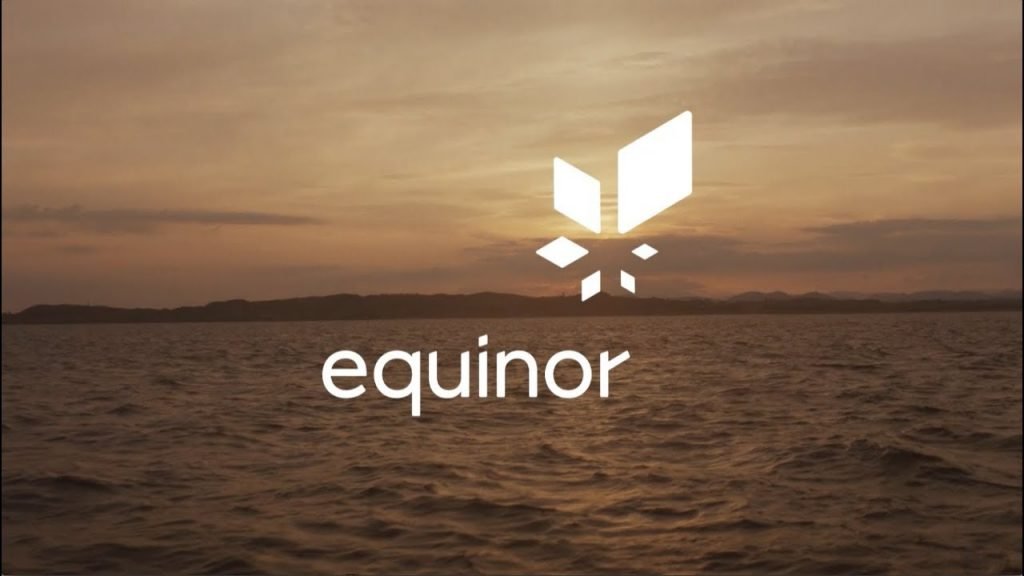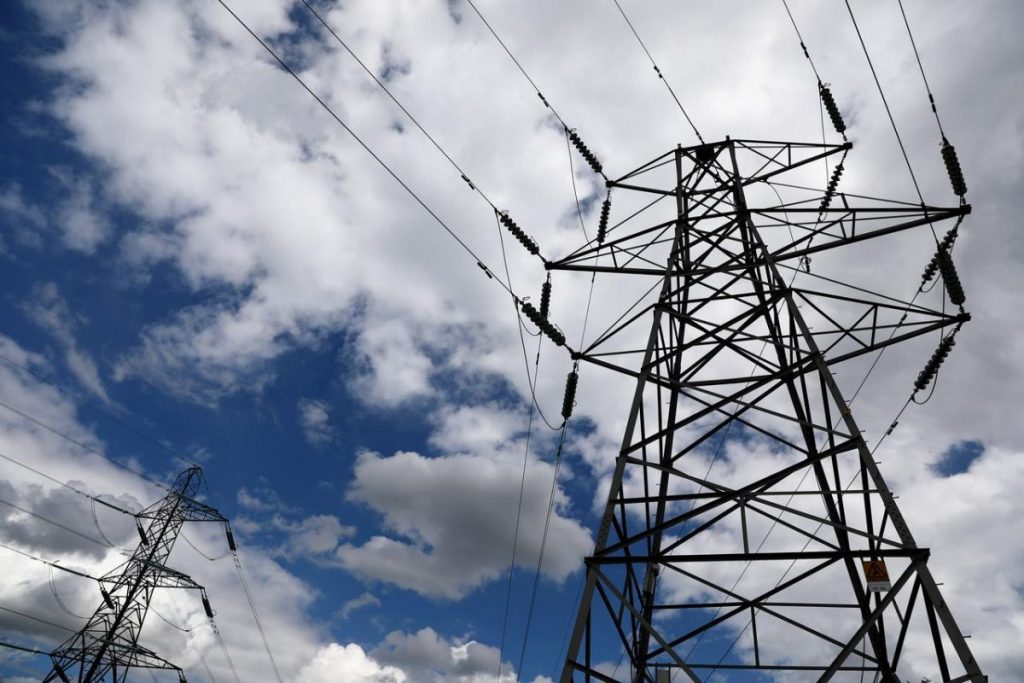
27 August 2016, Lagos — Distribution companies, under the Association of Nigeria Electricity Distribution, ANED, have attributed the poor state of the country’s power supply to the Transmission Company of Nigeria, TCN, calling it the weakest link in the power supply chain.
In a statement issued, yesterday, by its Executive Director, Research & Advocacy, Sunday Olurotimi Oduntan, the association has tasked TCN to engage other stakeholders in developing its capacity.
It said: “No matter how TCN wants to play it, whether it is scheduling an ill-advised and non-informative press conference or seeking to colour the reality of transmission shortcomings, transmission remains the weakest link in the power value chain.
“It is unfortunate that the new management of TCN, with the departure of Manitoba Hydro MHI, rather than reach out, in partnership, to work with other stakeholders of the sector, was more interested in pointing fingers and playing the blame game.
“However, it is important that the public should be truly knowledgeable about the limitations in the value chain that precludes their ability to receive the consistent power supply that they have a right to expect.”
Thus, the following provides some key clarification to the misleading information put out by TCN at its Monday, August 22, 2016, press conference.
“To date, the maximum wheeling capacity reached by TCN has been 5,074.7 MegaWatts, MW (attained February 2nd, 2016) versus its claims of increased capacity from 5,500 MW to 6,000 MW, wholly untested and unproven.”
It further explained that “any plans by TCN to complete 22 critical projects captured in the 2016 budget has to be a function of the availability and release of the requisite funding required for same.
“Given that we are in the fourth quarter of 2016, it is not clear that TCN has received, nor will it receive, any funding that comes close to enabling it complete the indicated projects -a continued legacy of limited and poor funding of a vital aspect of power infrastructure.”
TCN refutes allegations
Meanwhile, responding to the alleged criticism levied to it operations, Managing Director/Chief Executive Officer, TCN, Dr. Abubakar Atiku, was quoted to have stated that, “The weakest link is truly identified as those distribution companies rejecting customers load; thereby throwing them into darkness, resulting in the lowering of generation, although we have the capacity to generate more.”
“In response, it is important to point out the following – In view of the dire need of generation, as well as the generation thresholds in the DISCOs’ tariffs, which constitute the basis of their revenue recovery, it is inconceivable to think that any DISCO would load-shed as described, thereby diminishing its revenue prospects and alienating its customers;
Others he identified are: “Factually, a major contribution to the liquidity challenges that the DISCOs are currently experiencing is TCN’s infrastructure and technical limitations in wheeling power to the proper areas of a DISCO’s geographical footprint.
“Also, DISCOs are currently experiencing a monthly loss in excess of N1 billion due to limited transmission capacities in various areas of the country (especially the northern part). Even worse, is TCN’s inability to meet its financial obligations, relative to this shortfall, thereby compromising the DISCOs’ ability to meet their obligations to the Market Operator.”
Way forward
However, the distribution companies argued that while there is no doubt that other stakeholders in the power value chain would applaud TCN’s ascendancy from being the weakest link in the supply of power to consumers, more funds is needed to be pumped into the system for adequate power delivery.
ANED stated that “it is critical to point out that unless TCN is properly funded, its project management capacity upgraded, trained and competent personnel enlisted, it is fair to question the veracity of the constant assurances of possible foreign/donor investment in TCN.
“A fundamental premise of the privatization of the Power Holding Company of Nigeria, PHCN, successor companies was that TCN would be operated efficiently, consistent with private sector attributes of productivity and managerial efficiency (the basis for the MHI management contract).
“Such attributes were expected to result increased wheeling capacity that would complement increased power generation and, ultimately, increased supply to consumers. Alas, progress in that direction remains minimal,” it added.
*Ediri Ejoh – Vanguard



